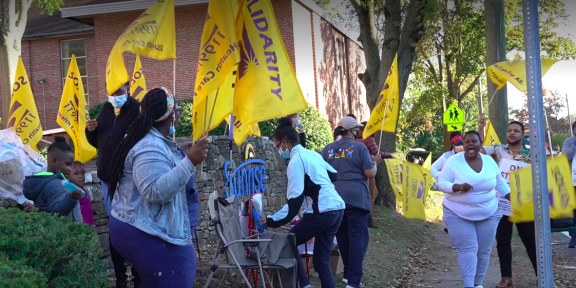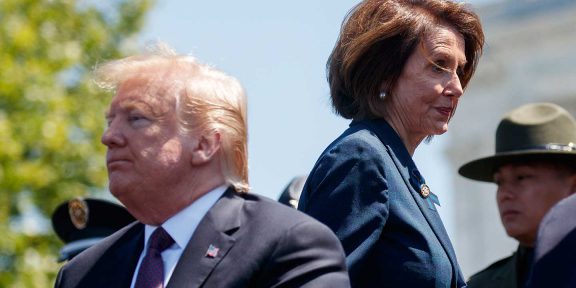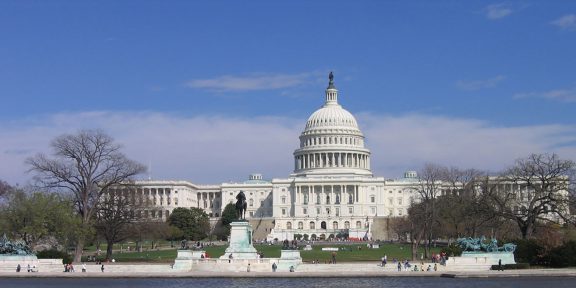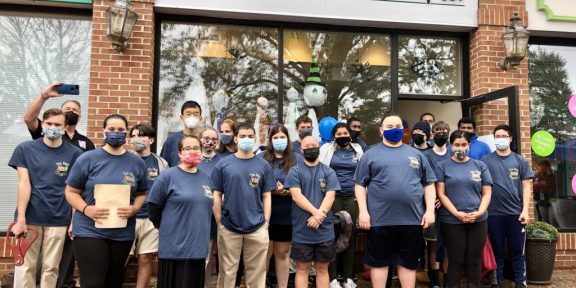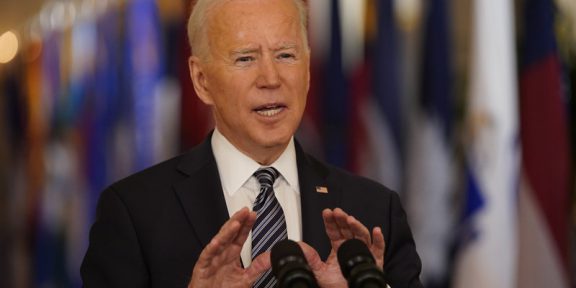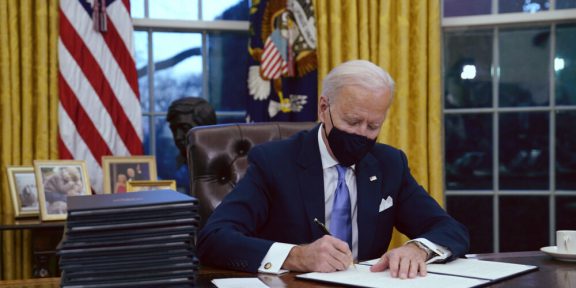On Saturday, President Trump revealed his nomination for the vacant seat of Supreme Court Justice as Amy Coney Barrett. At 48 years old, Barrett enters the scene as a current appellate judge and former law professor at Notre Dame, her history leading to Trump praise her as “…a woman of unparalleled achievement, towering intellect, sterling credentials and unyielding loyalty to the Constitution” in his highly anticipated announcement.
Beside Justices Neil Gorsuch and Brett Kavanaugh, Barrett would make for Trump’s third court appointee and the fifth woman to serve on the bench. She would also become the youngest member of the current court, meaning that her induction would influence Supreme Court rulings for decades to come.
The ceremony took place nearly a week after the death of former Justice Ruth Bader Ginsburg, generating a slew of controversy from Democrats as the quick confirmation of Barrett would shift the high court ideology toward chiefly conservative. “I understand that this is a momentous decision for a President,” Barrett said in her acceptance. “And if the Senate does me the honor of confirming me, I pledge to discharge the responsibilities of this job to the best of my ability.”

With the election looming in the weeks ahead, many argue that the appointing of a new Justice at the tail-end of a presidential term should not be acceptable, considering the many Americans who have already sent in their vote. However, the action does constitute an explicit presidential duty. The existence of these opposing views suggest a clash on the path to confirmation in the weeks to come, leading Barrett to claim she has “no illusions that the road ahead for me will be easy.”
An emphasis on issues such as the Affordable Care Act, Roe v. Wade, and Second Amendment is sure to arise in the upcoming debates as well, considering they are all topics of which the Supreme Court would be likely to address in the near future and none of which both parties
agree. In her reference to the friendship between late Justices Antonin Scalia and Justice Ginsburg, Barrett seemed to recognize the existence of ideological differences within the court, saying “These two great Americans demonstrated that arguments, even about matters of great consequence, need not destroy affection.”
A Senate Republican reported to NPR that the senate hearings would begin on October 12th and last an estimated four days, confirming that only time will tell how the events of such a politically charged atmosphere will ultimately play out.

